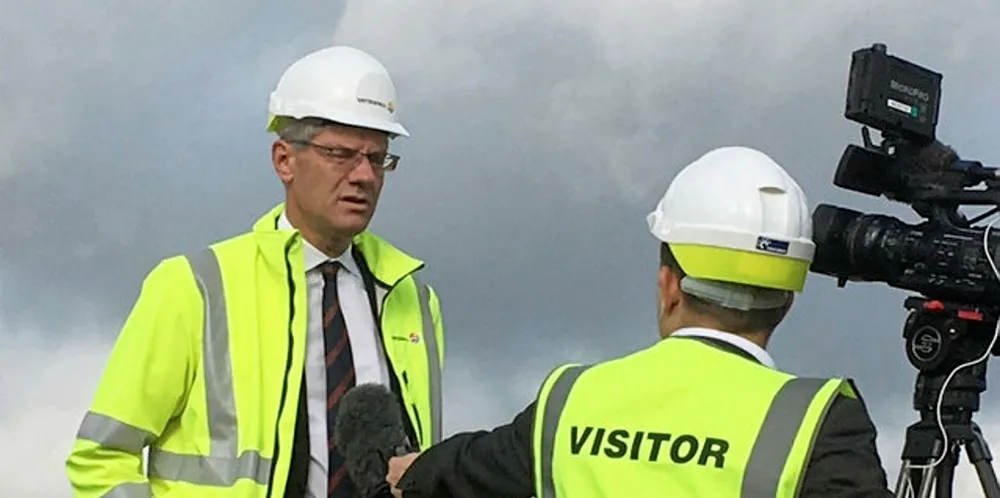Fossil-free steel takes 'important step' with H2 pilot storage tank
Vattenfall-led HYBRIT project facility to be operating by 2022, with demonstration plant to follow in 2025

Vattenfall-led HYBRIT project facility to be operating by 2022, with demonstration plant to follow in 2025
